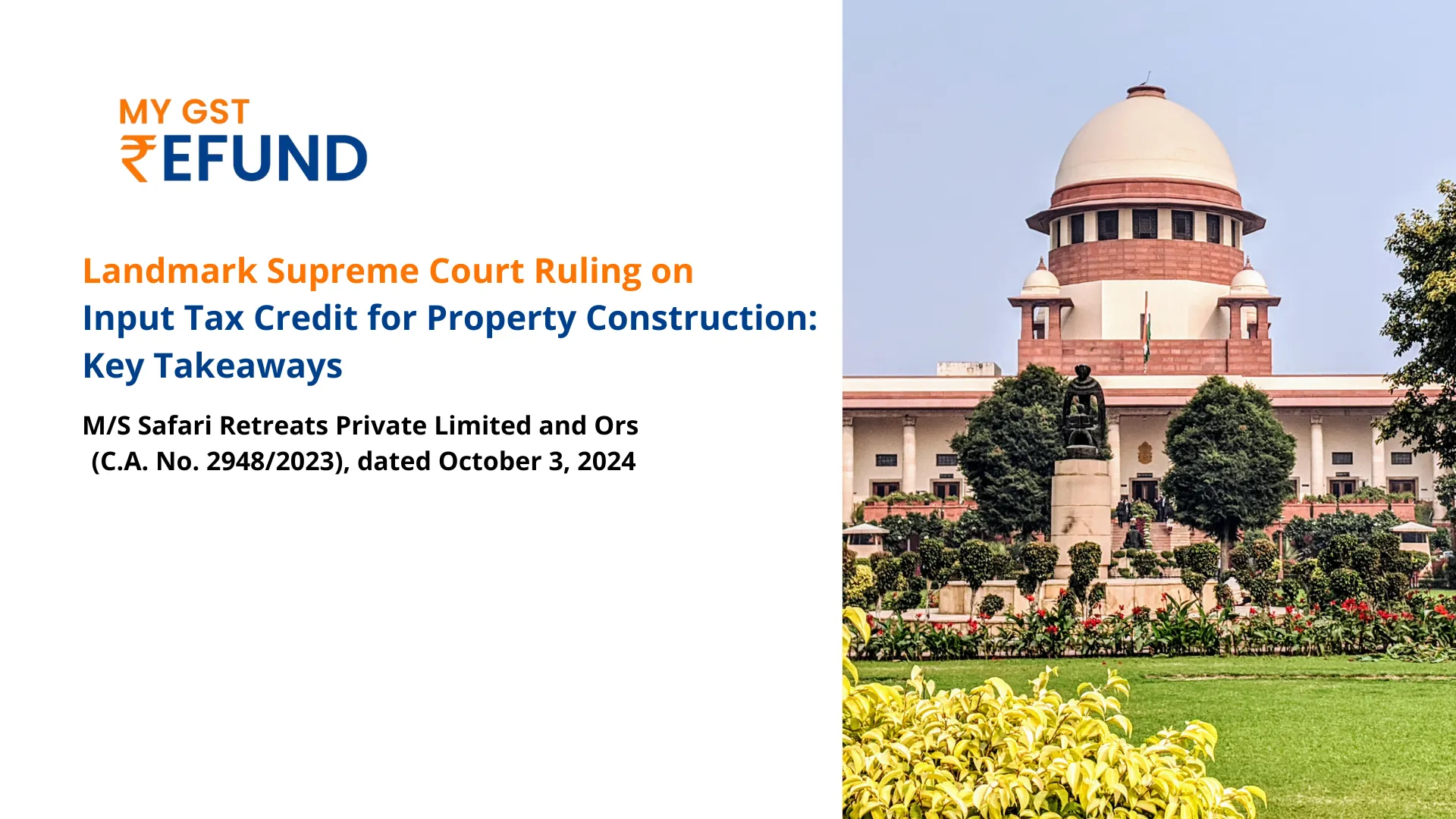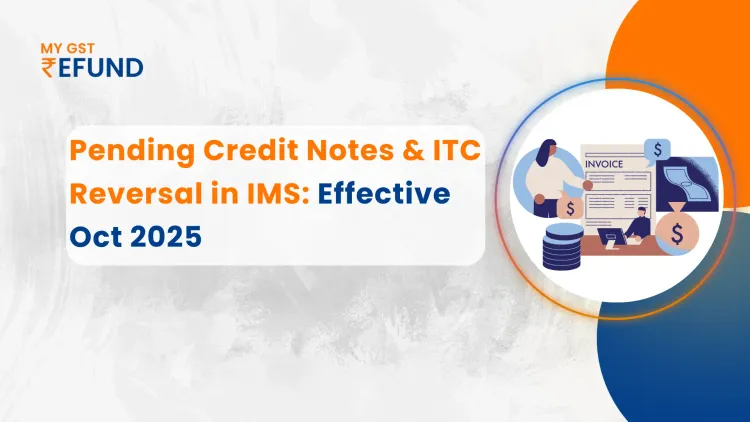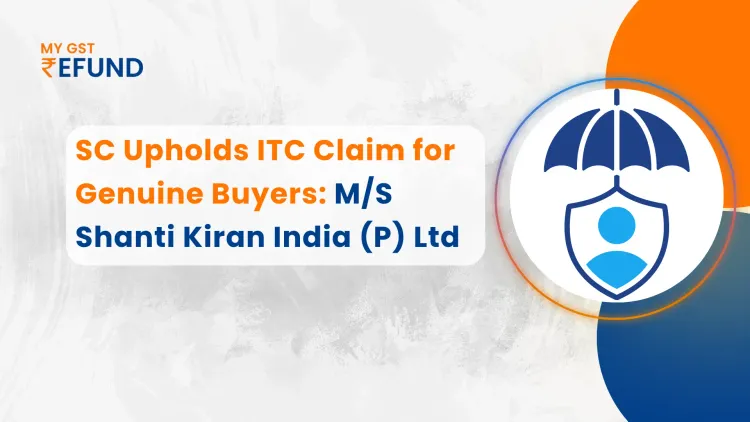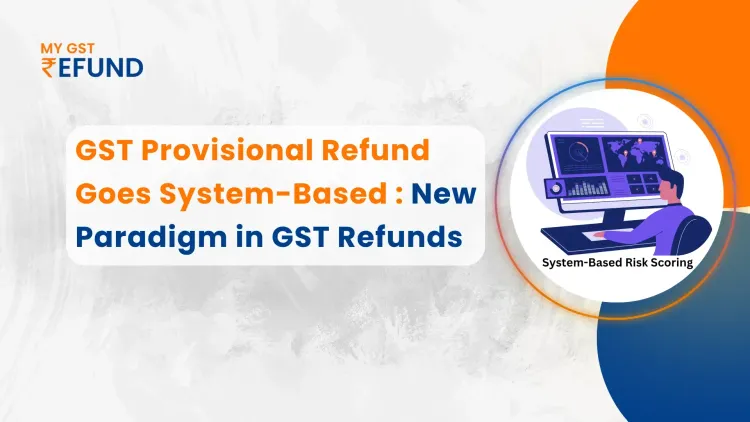SC Ruling on ITC for Property Construction: Key Insights
Published on: Fri Oct 04 2024
Landmark Supreme Court Ruling on Input Tax Credit for Property Construction
The recent ruling made by the Supreme Court on October 3, 2024, sets a new precedent with respect to the Input Tax Credit (ITC) claims as provided for in the Central Goods and Services Tax Act, particularly in Section 17(5)(d). This particular section prohibits the ITC claims on the construction materials that are utilized in the process of construction of ‘immovable property’, but the Court has now given some directions on whether any such immovable properties that are built with an intent to rent or lease out can be considered as ‘plants’ qualifying for tax credits or not.
This ruling will undoubtedly be beneficial for a number of businesses that spend huge amounts of money constructing commercial spaces like malls, hotels or office blocks with the view of leasing them out. Here, the very act of constructing a building becomes an integral part of the service provided, and it is this very construction aspect that gives hope to businesses that wish to claim ITC for their construction-related expenses.
Understanding Section 17(5)(d) of the CGST Act
Section 17(5)(d) of the CGST Act generally restricts ITC for the supply of goods and services which are used for the construction of any immovable property other than any plant and machinery. The objective of this section is to avoid the undue benefit of double taxation; however, it has posed issues for certain businesses in the course of constructing buildings for the purpose of renting them out. Businesses in these cases went on to say that the fixed asset—shopping malls and office spaces—should be considered a plant asset owing to the fact that it is a crucial part of rendering services.
Key Takeaways from the Supreme Court’s Ruling
The Supreme Court has held that a functionality test needs to be conducted to ascertain whether any building can be categorized as a plant under the provisions of the CGST Act. In the event that the construction of a certain property is necessary for the provision of services such as renting or leasing, the property may be classified as a plant, enabling the organization to avail ITC.
The Court has remanded this case back to the High Court to determine if the specific building in question meets the functionality test.
This decision follows a 2019 ruling from the Orissa High Court in the case of Safari Retreats Pvt. Ltd. vs. Chief Commissioner of Central Goods and Service Tax, where the court had allowed ITC for a shopping mall constructed for rental purposes. The High Court found that denying ITC in such cases would go against the principles of the GST system, which is meant to avoid the cascading effect of taxes.
Analysis of the Case and Its Impact
The dispute centers on a shopping plaza built by M/s Safari Retreats Pvt. Ltd. where the plaintiffs were refused ITC on the materials and services utilized in the construction of the plaza. They paid GST on their raw materials and claimed ITC in order to adjust the GST liability incurred on account of rental income earned by them. Nonetheless, the income tax authorities dismissed their application under Section 17(5)(d), which has resulted in continuing boundaries of dispute.
Both the Orissa High Court and currently the Supreme Court have pointed out that refusal of ITC in such cases leads to double taxation—the GST is chargeable on the construction materials used and on the rental income earned from the property as well.
The ruling aligns with the user intent of the GST regime to eliminate multiple layers of taxation by offering ITC where businesses provide taxable services.
Future Implications for Businesses
Companies involved in the construction of leased real estate now have a solid footing to base their claim for the input tax credit on the construction materials used. This decision also paves the way for more historical optimization, where companies that did not claim I.T.C. for similar past projects may consider claiming it now for projects in the past.
In light of the justice’s decision to allow the determination of specific facts by the high court, it is obvious that those engaged in the rental business should expect more favorable judgments precedent for Section 17(5)(d) in the future.
Conclusion:
The decision made by the Supreme Court offers perspective and a possible tax relief for all stakeholders in the property leasing business. The enhancement of tax incentives with respect to the use of a structure for providing service will henceforth be an important consideration for ITC claims. Firms should look at their GST returns and talk to tax advisers in order to benefit from these changes in law.
Also Read : GST on Construction: All You Need to Know
Related Posts





